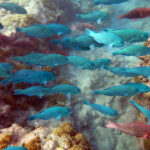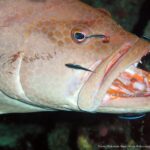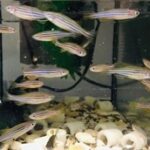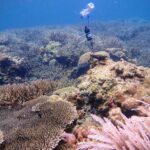FSBI Postdoctoral International Travelling Fellowships (PITF)
The FSBI is pleased to invite applications for our established research funding opportunity: FSBI Postdoctoral International Travelling Fellowships (PITF).
Each FSBI Fellow (PITF) can apply for up to £20,000, to include travel, subsistence and accommodation, and eligible research costs, over an approximate duration of 3 months to be undertaken within 12 months of the award.
The scheme aims to;
- Support outstanding postdoctoral scientists to undertake research that is in line with the objectives of the FSBI.
- Facilitate international mobility and expertise and/or facilities of the chosen host.
The research can comprise independent experimental studies, development/validation of a methodology or fieldwork, or similar activities within an existing programme of research.
The research will require sufficient coherence to generate explicit quantifiable outputs and with a demonstrated benefit(s) to the career development of the FSBI Fellow. Two PITFs are awarded each calendar year: Incoming PITF, hosted within an appropriate University, research body or industrial partner within the British Isles, and an Outgoing PITF, hosted at a suitable institution globally.
Next Application Deadline: Applications must be submitted before 23:59 (GMT) on the 26th February. More Information will be released a month before the deadline
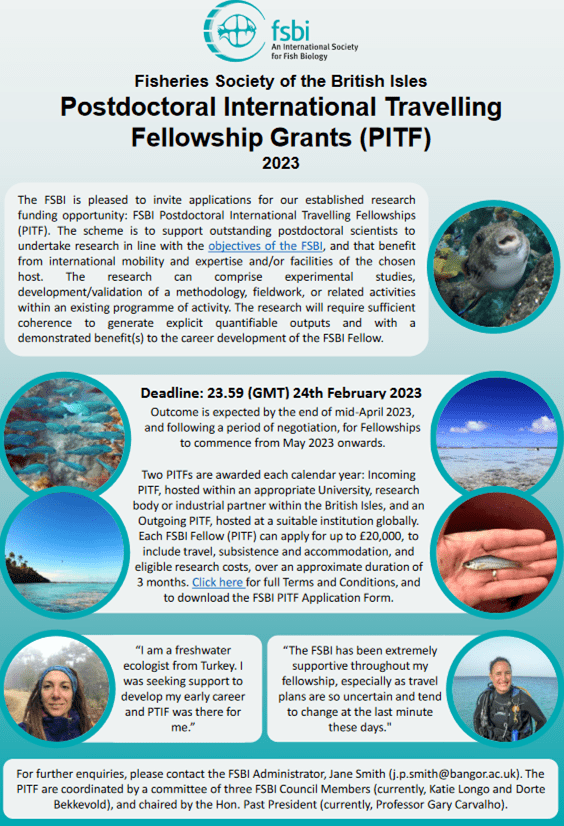
PiTF Awardees
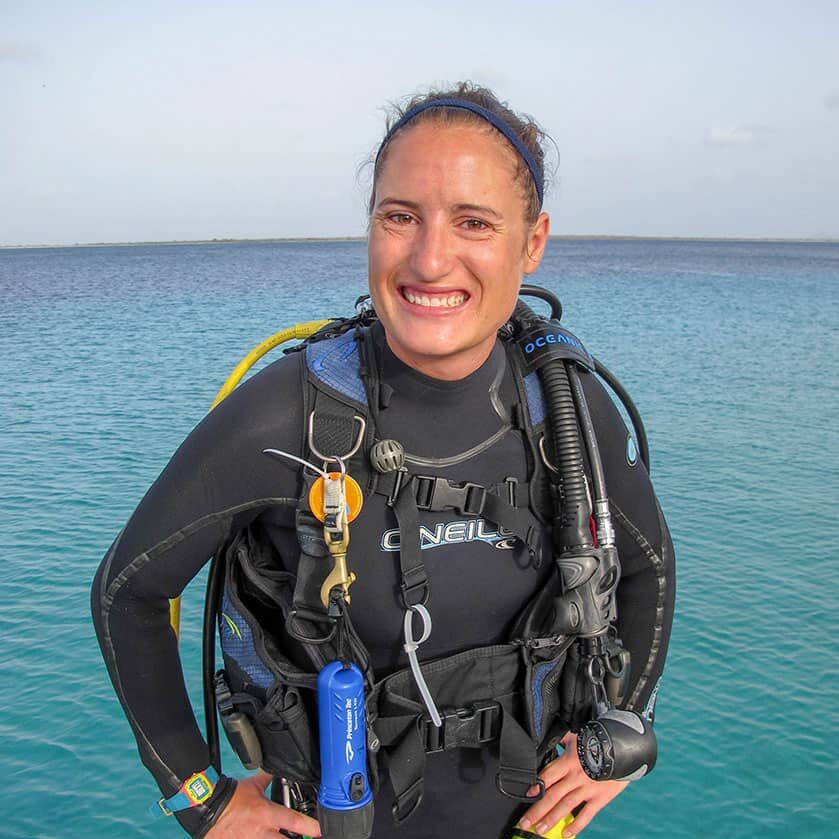
Casey Benkwitt
Find Out More About Casey's Project


Nildeniz Top-Karakuş
Find Out More About Nildeniz's Project

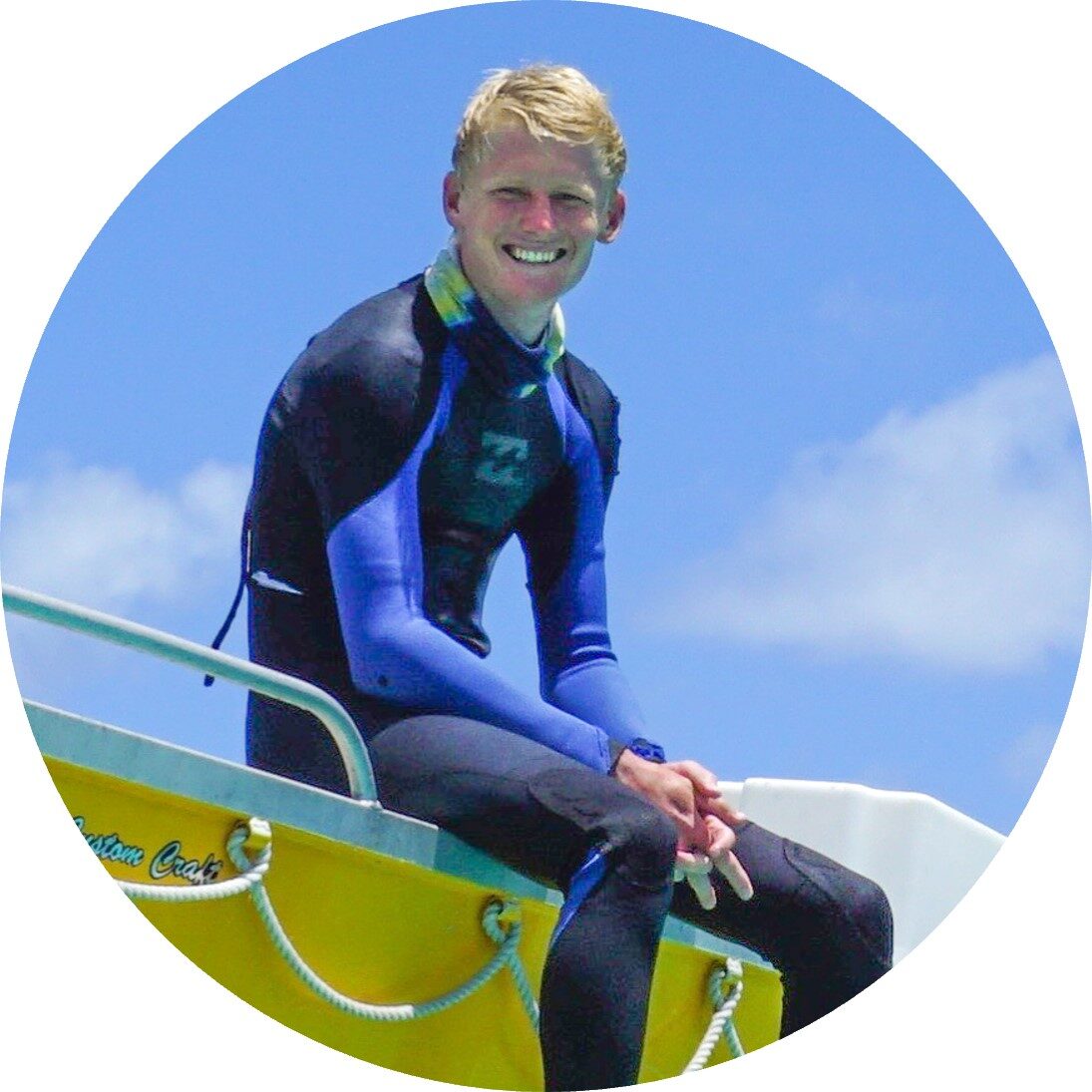


Gert-Jan Jeunen
Find Out More About Gert-Jan's Project
Marina Papadopoulou
Find Out More About Marina's Project




